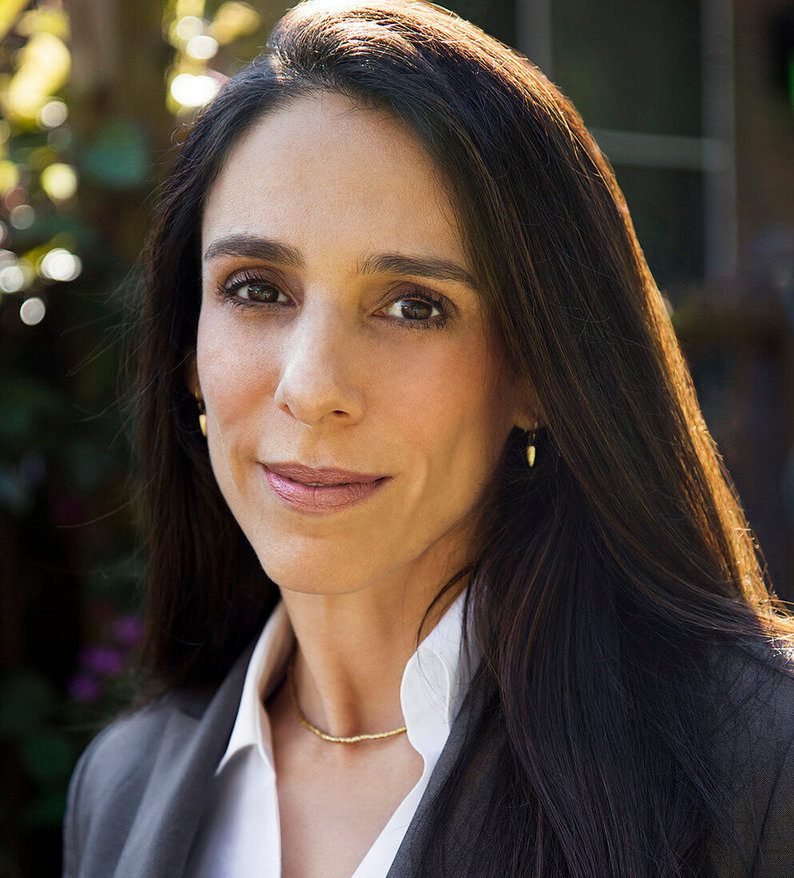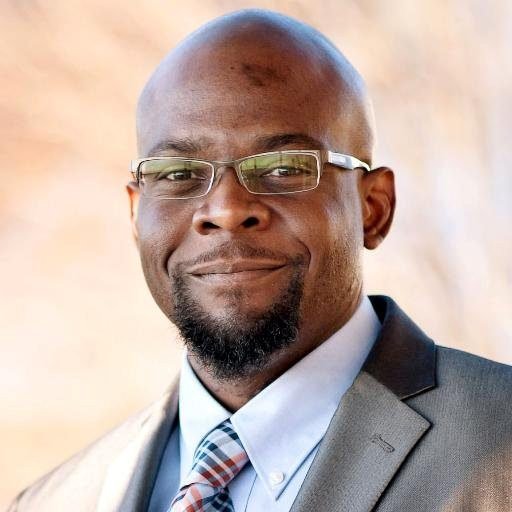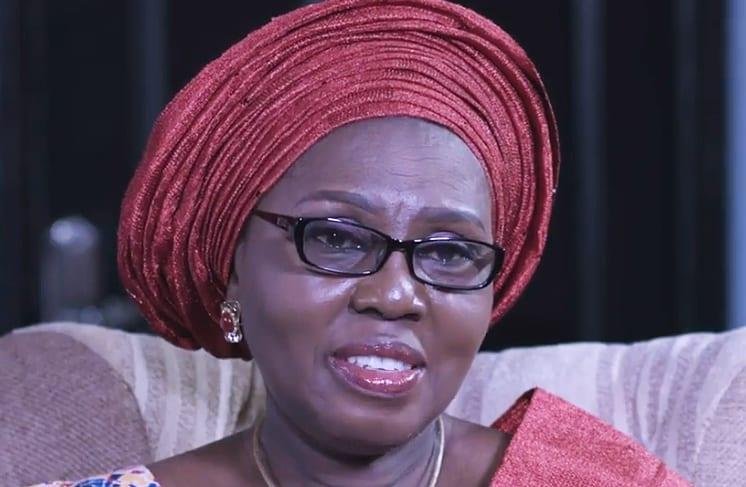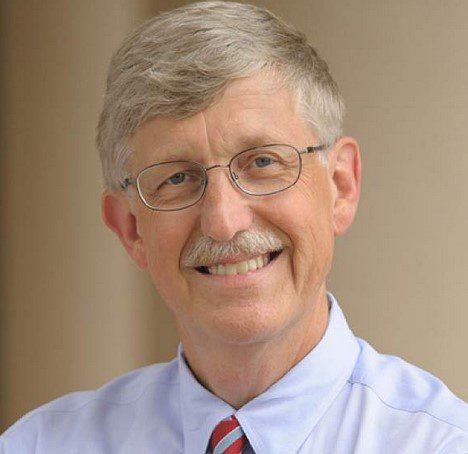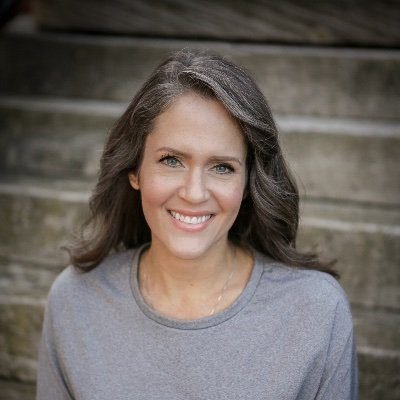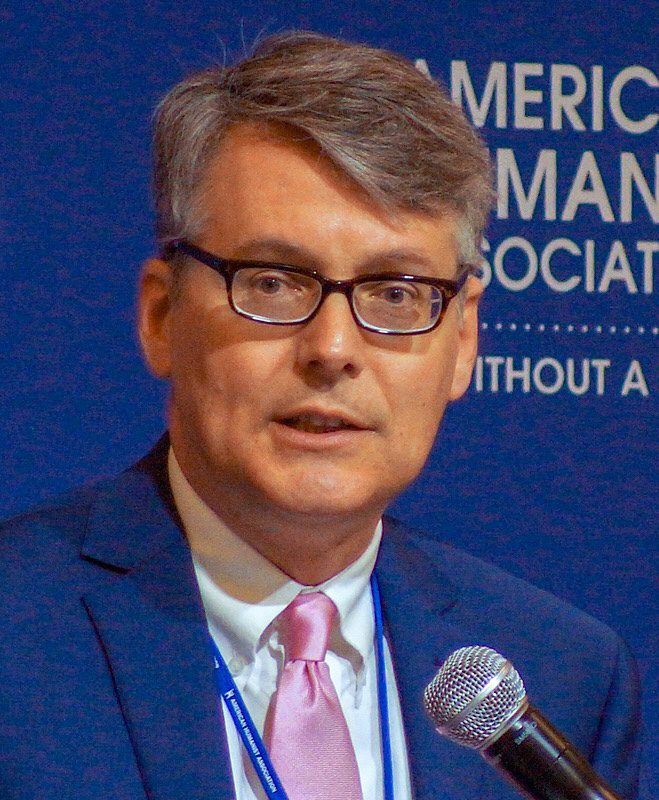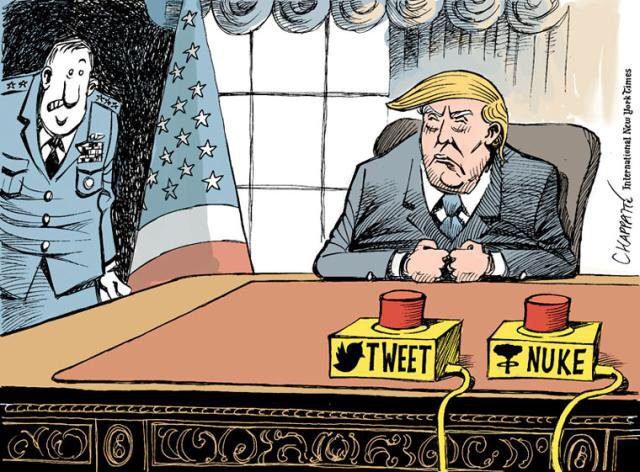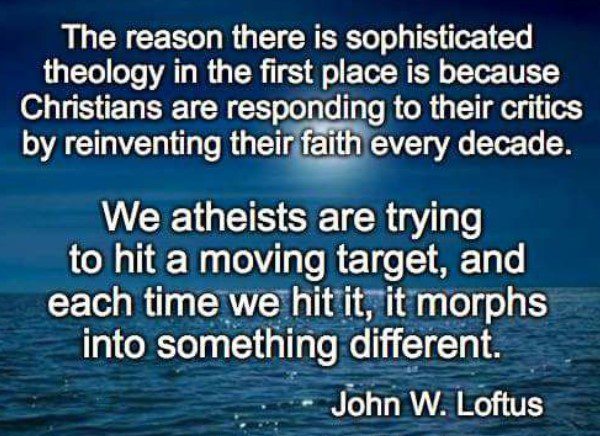
My far-flung family is quite diverse.
John F. Haught is a renowned Catholic theologian who has produced a flood of erudite books.
….
He has attempted, for instance, to prove that survival-of-the-fittest evolution presents a “grand drama” orchestrated by God. All the ruthless slaughter of prey by predators, all the mass starvation of desperate victims who lose their food supply, even the extinction of 99 percent of all species that ever lived — are part of “an evolutionary drama that has been aroused, though not coercively driven, by a God of infinite love,” he wrote in the Washington Post. He added: “Darwin’s ragged portrait of life is not so distressing after all. Theologically understood, biological evolution is part of an immense cosmic journey into the incomprehensible mystery of God.”
Got that? God is incomprehensible — yet theology is sure his “infinite love” spawned nature’s slaughterhouse of foxes ripping rabbits apart, sharks gashing seals, pythons suffocating pigs and the rest of the “grand drama of life.”
What evidence supports this peculiar conclusion? None — just trust theology.
That’s why I’ve decided that there is no such thing as sophisticated theology. At bottom, the issue is simple: Either supernatural spirits exist, or they don’t. Either heavens, hells, gods, devils, saviors, miracles and the rest are real, or they’re concoctions of the human imagination.
It boils down to honesty. A truthful person shouldn’t claim to know things he or she doesn’t know. Theologians are in the business of declaring “truths” that nobody possibly can prove. They do so without evidence. In contrast, an honest individual admits: I don’t know.
….
Thomas Jefferson refused to let theology be taught at his new University of Virginia. He considered theological assertions to be “unintelligible abstractions . . . absolutely beyond the comprehension of the human mind.” He ridiculed the Trinity concept “that three are one, and one is three; and yet that the one is not three, and the three are not one.”
Ambrose Bierce wrote: “Theology is a thing of unreason altogether, an edifice of assumption and dreams, a superstructure without a substructure.” And legendary newspaperman H.L. Mencken opined: “There is no possibility whatsoever of reconciling science and theology, at least in Christendom. Either Jesus rose from the dead or he didn’t. If he did, then Christianity becomes plausible; if he did not, then it is sheer nonsense.”
Of course, like every human phenomenon, religion should be studied by sociologists and psychologists. But theology itself consists of assertions about spirits. I can’t imagine why universities consider it a worthy field of scholarship.
–– James Haught, Freethought Now, There’s little honesty in theology, May 13, 2020

